Hoggar Institute believes that bringing this book to the attention of the English-speaking world is still relevant despite the time that has elapsed since the traumatic events recounted in this book, and notwithstanding the so-called ‘charter for peace and reconciliation’ currently marketed by president Abdelaziz Bouteflika.
This book is published at a time the Algerian regime is trying to convince the outside world that it has finally resolved the conflict, brought about by the military putsch of January 1992, through the laws enacted in the ‘charter for peace and reconciliation’.
This charter was imposed by the Algerian generals calling the shots behind the democratic façade. No public debate about its content was allowed. Excluded from voicing their opinions about the ways to end the conflict, and put-off by its lack of provision of a modicum of truth, justice, respect and acknowledgement of collective memory, most Algerians did not participate in the 29 September 2005 referendum on this charter, held be under a state of emergency, facts which deprive this charter of the required legitimacy.
The ordinance 06-01 and presidential decrees 06-93 to 95, with regard to the ‘charter for peace and reconciliation’, signed by president Bouteflika glorify the perpetrators of crimes against humanity, whose misdeeds are referred to as ‘patriotic actions’ to ‘safeguard the republic’, and grant them a total and unconditional amnesty. The victims mentioned in this charter are classified under only two biased categories, i.e. the ‘victims of terrorism’, in order to criminalise those who opposed the military coup of January 1992, and the ‘victims of national tragedy’ so as to hide the identity of those responsible for state crimes. Other categories of victims are completely excluded, in particular survivors of torture, victims of summary executions, massacres and arbitrary detentions. Even worse, in the case of victims actually recognised by the charter, the families of the disappeared, the laws enacted condition paying the reparations to the families on their validation of the lies of the regime — accepting death certificates without the bodies, or even knowledge of the fate, of their loved ones.
This charter manifestly violates the Algerian constitution and all the international legal conventions ratified by Algeria because it forbids victims from resorting to justice, it absolves crimes to which the statute of limitations does not apply, it excludes the possibility of establishing the truth about all human rights violations since the putsch by independent inquiries, it punishes by three to five years imprisonment those who may resort to exercising their right to freedom of speech to hold to account the military top-brass hiding behind the ‘national tragedy’ designation, and it arbitrarily deprives Algerian citizens from exercising their political and civil rights.
Hoggar Institute believes that peace and reconciliation are both outcomes and processes that must be preceded by a cessation of hostilities followed by a resolution that addresses the root causes of the conflict. It considers that truth, justice, collective memory are cornerstones of any meaningful recon-ciliation, and is committed to contributing, through research and publishing, to their realisation in Algeria.
Especially at a time when the soundbites are about peace and reconciliation, to those who may object to Hoggar’s raising the issue of torture as ir-relevant, the answer is in the quote, at the beginning of this foreword, from the currently serving head of the DRS as well as in the pages of Vergès’ book which remains as relevant as ever.
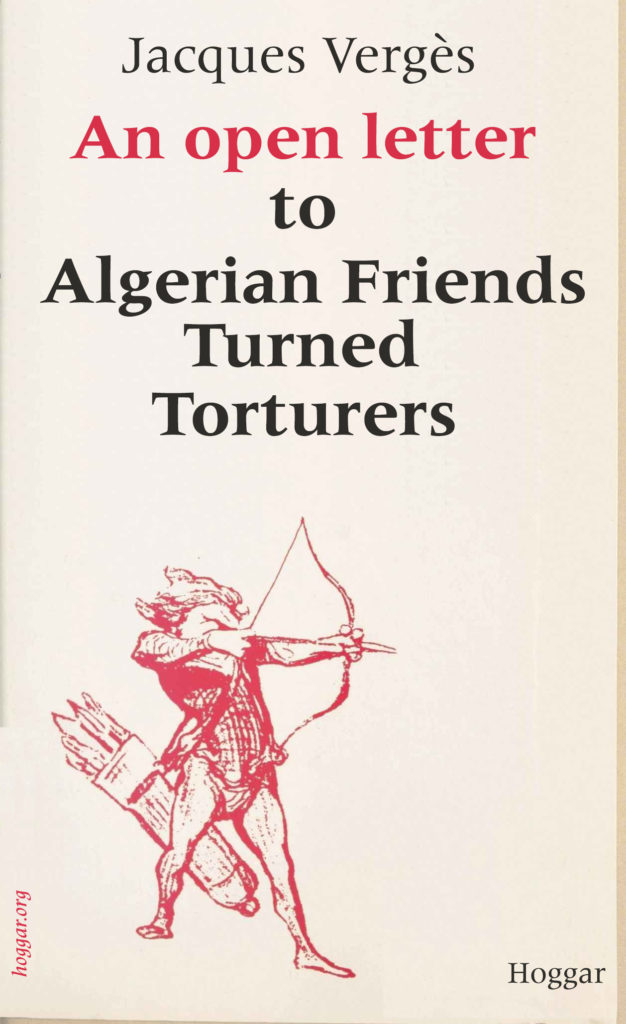

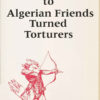
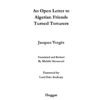
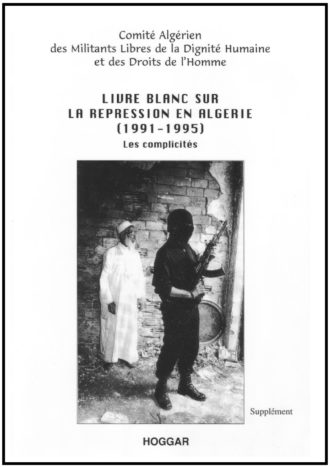
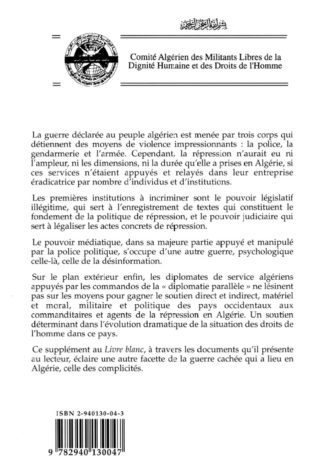

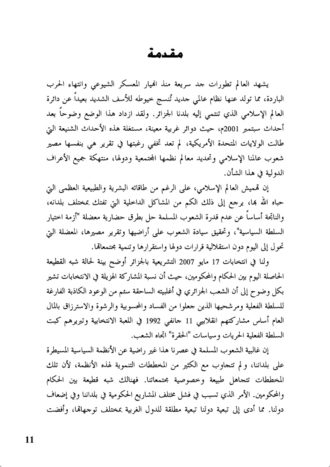
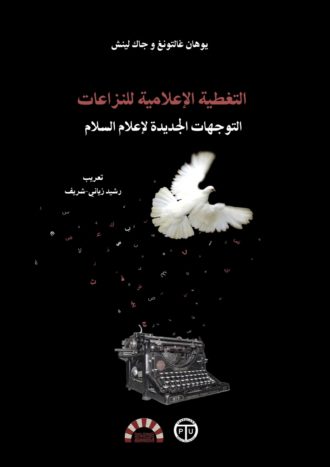

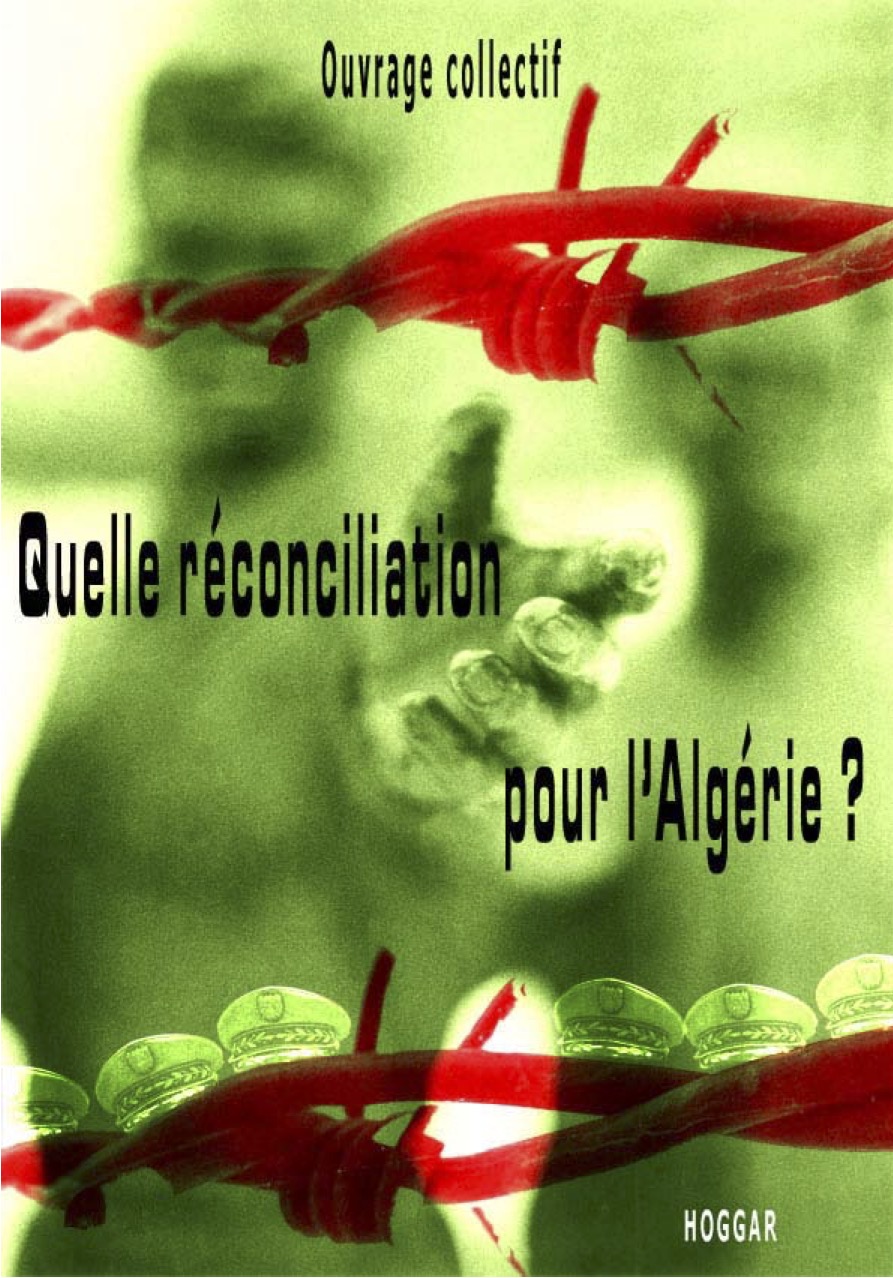
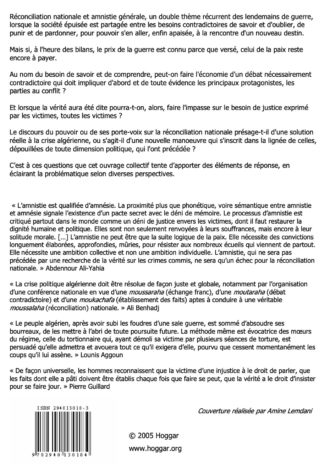
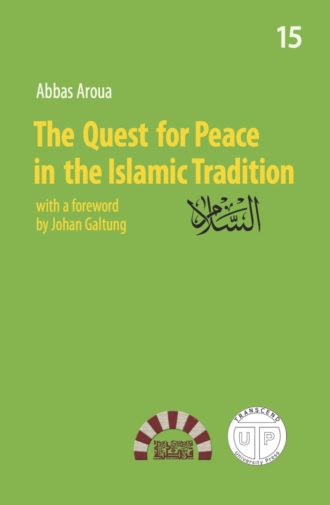

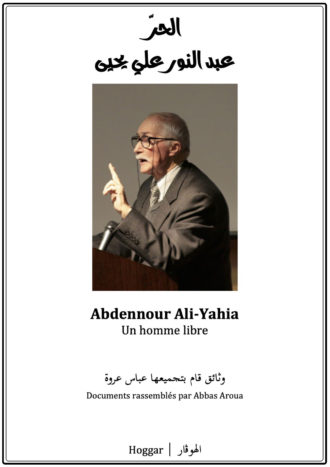
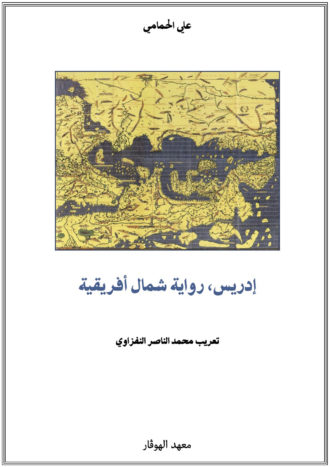
Reviews
There are no reviews yet.